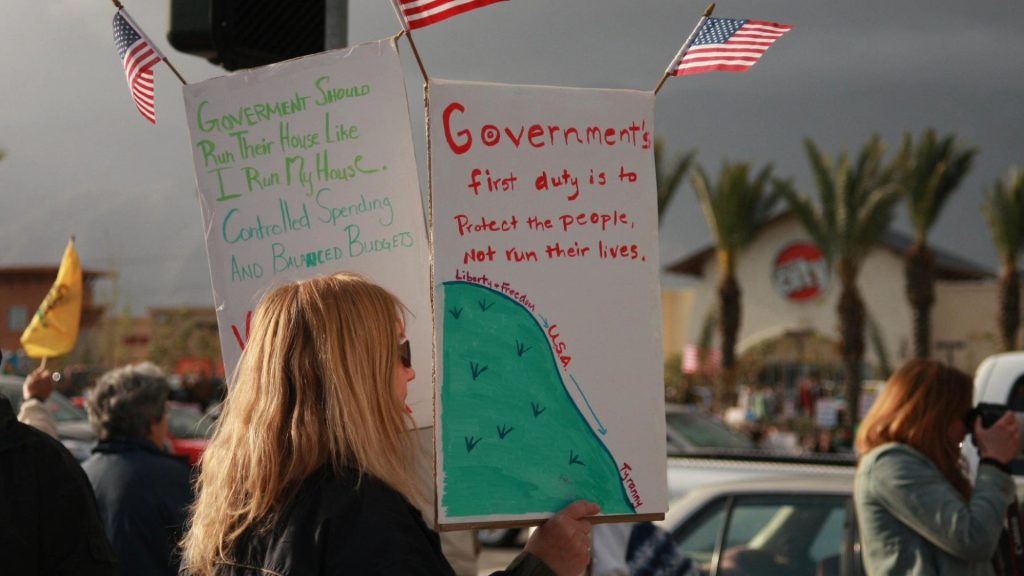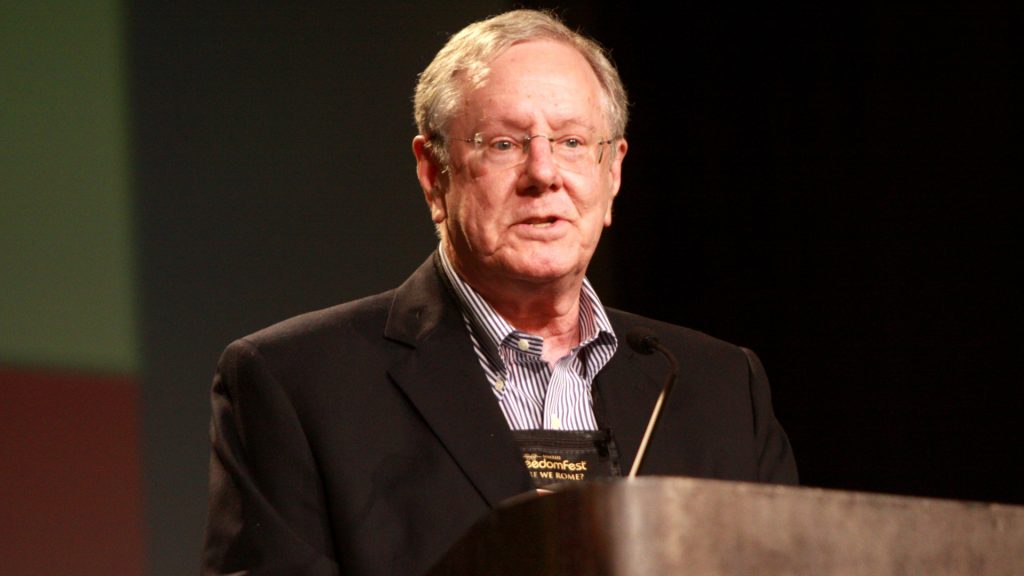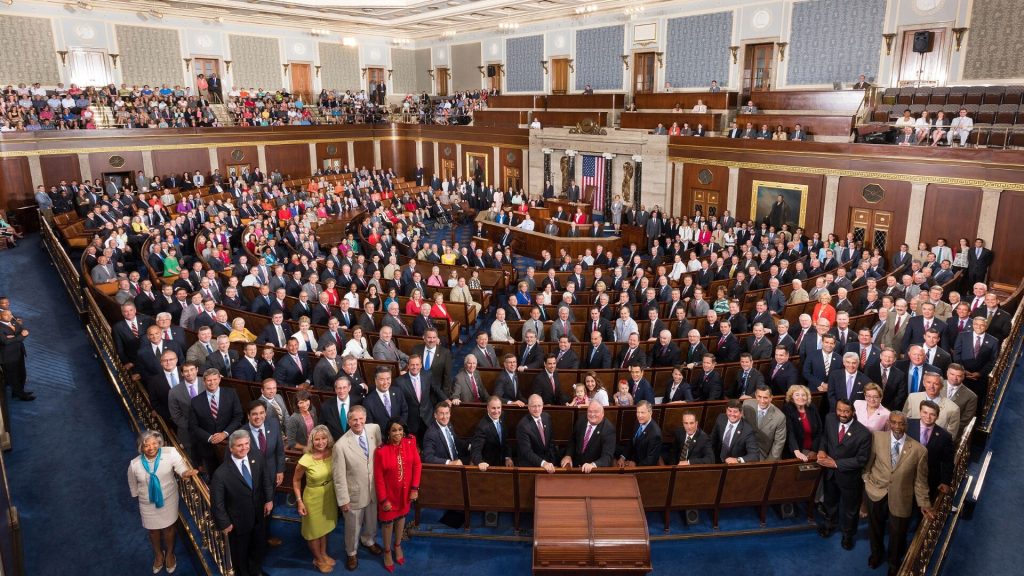Forbes Magazine and its editor-in-chief, Steve Forbes, have sounded the alarm about California’s latest tax proposal. The Golden State has always been known for high taxes. But have the state legislature and governor taken things too far? It seems like the answer might be yes, but what does that mean for California residents and their money? Let’s find the answer.
A Tax On California’s Wealthiest Residents
The state of California has never hesitated to tax its citizens. The state has one of the highest sales taxes in the country at 7.25%. Many counties and cities impose their own sales tax. The result is that most Californians pay close to 8% in sales tax with every purchase they make with only a few exceptions for necessities.

The new tax proposal, which has not yet been enacted, would require a 1.5% surtax on assets exceeding $1 billion. Those with assets over $50 million would face a 1% surtax. That would be on top of the state’s already-high income tax, which tops out at over 14%.
Increased Taxes Under The New Law
The proposed tax hike would impact only those California residents with assets of $50 million or more. In practical terms, most Californians would not feel the impact or pay more in taxes than they already do. This tax is specifically targeted at the state’s wealthiest residents and is designed to raise money to pay for state programs.

The total surtax on assets over $1 billion would be 1.5%, which works out to $15 million in taxes. Residents with more than $50 million in assets would get a 1% surtax for a total of $500,000. In either case, that’s a lot of money for someone to pay, particularly when it applies to assets and not income.
Global Taxes, Global Controversy
The amount of the proposed tax isn’t the only thing that makes it controversial. Most states don’t make the effort-or have the authority-to tax assets that aren’t held in the state. California’s proposed law would allow them to pursue the surtax on assets outside of California-and anywhere in the world where they are held.

It’s this aspect of the new tax law that has Steve Forbes upset. He didn’t pull any punches when talking about his feelings on the matter. As one of the wealthiest Americans, Forbes is often outspoken about issues of taxation, particularly when they affect the wealthiest people in the United States. (For the record, Forbes lives in New Jersey, not California.)
Forbes Commentary About The Proposed Tax
Steve Forbes had harsh words for the California legislature, which is controlled by Democrats, and for Democratic Governor Gavin Newsome. Newsome himself has stated that he is not in favor of a wealth tax. There are some who believe his position might shift if public opinion would support the new surtax on the wealthiest Californians.

Forbes has referred to the proposed surtax as a “wealth killer.” He believes that it will eat away at accumulated wealth in a way that’s detrimental to Californians. He also expressed concern about loopholes in the law that would make it possible for the state to sue residents whom they believe are hiding assets to avoid the new tax.
California Vs North Korea
One of Forbes’ most aggressive remarks about the new tax drew a comparison between the Golden State and one of the world’s most notorious dictatorships: North Korea. Forbes pulled no punches when he said that if the new law passes, it would make California the “North Korea of taxation.” It’s a dramatic charge… but is it accurate?

It’s difficult to know exactly what goes on in North Korea. Officially, the country did away with taxes back in 1974. There’s no income tax at all. However, there’s evidence that the government collects money from citizens through hidden taxes, including sales tax. The government in North Korea controls most of the country’s wealth, which Forbes Magazine has written about.
What About People Who Move Out Of State
One of the most striking features of California’s proposed tax is that it would apply even to former residents. If someone moves out of California during the tax year, they would still be required to pay the surtax for the percentage of the year they lived in the state. Legislators have hinted at how they intend to pursue ex-residents.

The proposed text of the law says that the California Franchise Tax Board would have the right to “scrutinize non-publicly traded assets.” Said another way, they’ll have access to private portfolios. It’s an invasion of privacy that Forbes claims is unprecedented and could lead to a slew of lawsuits going in both directions.
A Litigation Nightmare
The issue of litigation is one that looms large. There are several areas of concern. The first is that there may be litigation over the value of residents’ assets. That would be a potential bureaucratic and fiscal nightmare for taxpayers, who would pay the price in legal fees and other expenses.

The legislation even empowers legislators to file individual lawsuits against any resident or ex-resident whom they suspect of hiding assets. Some have compared this level of taxation to mafia tactics like the ones we’ve all seen in The Godfather or The Sopranos. It’s not a pretty thought and many are concerned.
In Defense of The Proposed Tax
You might be wondering why California lawmakers think they can justify the proposed wealth tax given how many are opposed to it. The answer is a relatively simple one. The state of California had a $32 billion deficit in the 2023-2024 fiscal year. That’s a huge shortfall. Legislators needed to cut state programs or raise more revenue.

State lawmakers have clearly chosen the latter option. That’s not surprising given that the projected deficit for the 2024-2025 fiscal year is a whopping $68 billion. The state needs more revenue than it has. That’s not up for debate. What’s in question is the best way to raise that money, or to reduce costs to make up the deficit.
Assets Exempt From The Proposed Wealth Tax
Are all assets subject to the proposed California wealth tax? The answer is that most assets are subject to the tax with one notable exception. The only asset class that has specifically been exempted from the proposed tax is real estate. In fact, California has one of the lowest property tax rates in the United States.

It’s undeniably beneficial to California’s wealthiest residents that real estate is exempt from the surtax. It’s possible, as Steve Forbes has surmised, that some residents might be forced to sell assets in order to pay the new wealth tax if it’s signed into law. It also means that residents who own homes out of state don’t need to worry.
What Californians Are Saying About The Wealth Tax
Of course, Steve Forbes isn’t the only person concerned about the new wealth tax. One California resident who was quoted online said, “As a Californian, it feels like Gavin Newsome won’t be happy until there are no tax payers left in California!” Others have pointed out that there’s no need to worry about future tax years after you’ve moved.

Other commenters compared Governor Gavin Newsome to a mob boss and encouraged voters to think before electing him as President in the future. Some expressed worry that wealthy Californians might leave the state and said that some Californians wanted high taxes because they “voted the people into office who do this.” Few people seemed to be happy with the tax.
Californians Fleeing The State
One of the warnings Steve Forbes expressed was that California might lose revenue rather than gaining it as a result of the proposed tax. His logic is that the state’s wealthiest residents might choose to move somewhere else in order to lower their taxes. The numbers say that he may be right about that.

The truth is that California’s population has been declining for the past several years. In 2021, the state experienced a 0.91% decline in population. There was an additional 0.27% decline in 2022, and another 0.19% in 2023. It’s unclear why people are leaving, but it’s likely that the high cost of living in California played a role.
Keep An Eye On The New Wealth Tax
There’s no question that people are concerned about the proposed wealth tax in California. It’s understandable why billionaires and millionaires might be worried. They could end up paying hundreds of thousands of dollars-or even millions-in additional taxes. That’s a lot of money and it might be ongoing since it taxes assets and not income.

California’s high taxes and high cost of living are making the state less appealing to new residents. The allure of Hollywood and warm weather might not be enough to entice people to move to the Golden State once they know that their wealth may be targeted.






